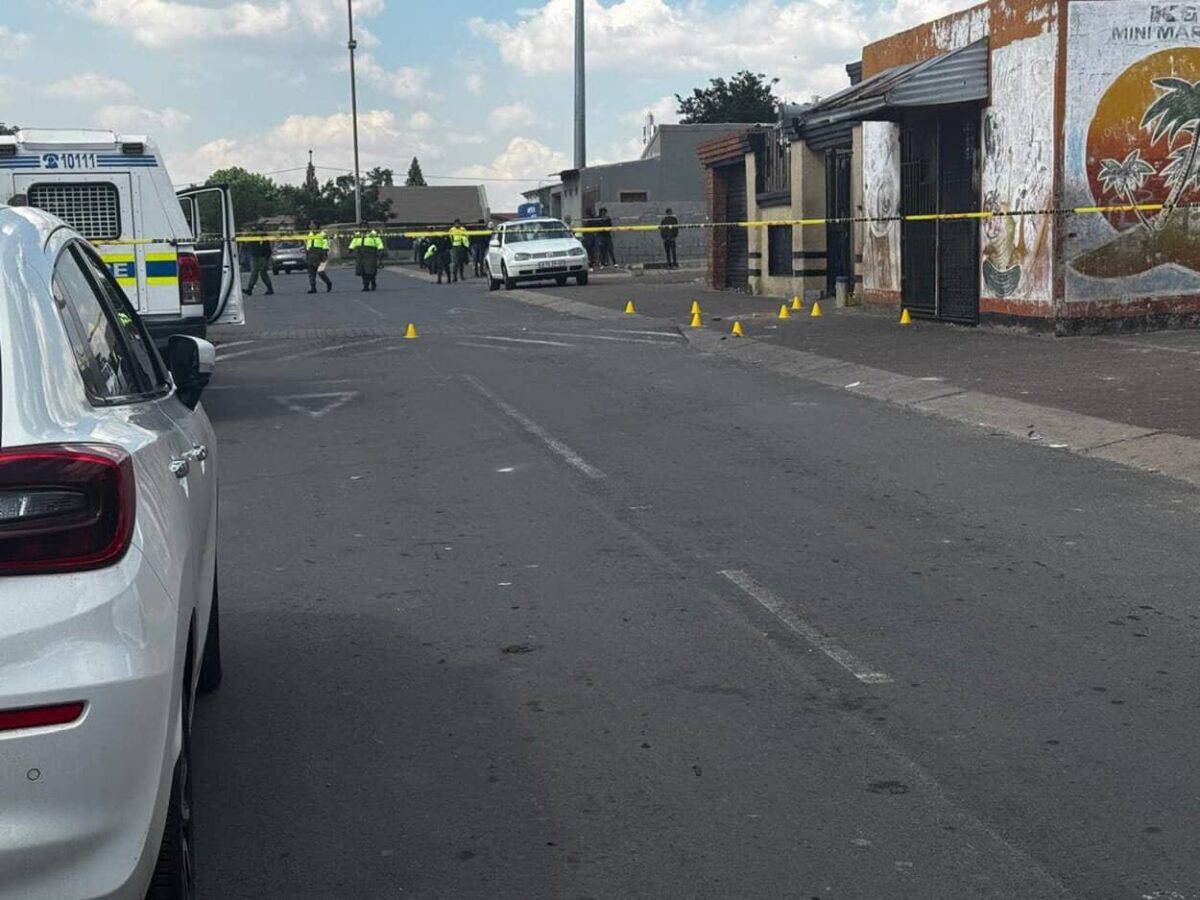
Around the world, there are plenty of examples of places where drugs and gang violence dominate and criminals rule the lives of residents, to such an extent that they can almost be considered “shadow” governments.
Some of the high-density favelas in cities in Brazil – most notably Rio de Janeiro – are places where law enforcement, often backed by the military with automatic weapons, armoured vehicle and helicopters, periodically tries to reassert state control.
But when the cops and troops withdraw, the gangs take back control. It hasn’t quite got to that stage in SA… but the signs that it is going that way are ominous.
The gang-dominated Cape Flats, for example, is said to have the highest body count rate outside a formal war zone, although the actual numbers are less than in Brazil.
The alleged gang shooting in Westbury this week has raised the worrying spectre that this township on the western side of Joburg could be following in the blood-soaked footsteps of the Cape Flats.
ALSO READ: Two teenagers killed, four injured in suspected gang-related shooting in Westbury
As happens regularly in Brazil – and in the Western Cape – heavily armed and protected SA Police Service gang units were deployed in the wake of the shooting, which claimed the lives of two teenagers and left four others wounded.
When these forces withdraw, as they inevitably will, the status quo will resume, meaning residents will see gangs and drugs ruling their streets.
Deploying force is not going to deal with the real problems, which are socioeconomic deprivation, poverty and rage.
Layered on top of that is the racial elephant in the room: that the coloured residents of these areas have been cast aside by political change… not white enough during apartheid, not black enough for economic empowerment now.
Until these ticking time bombs are defused, Westbury – and other poor areas – will remain our killing fields.
NOW READ: Committee on community safety pleads for more police in Westbury after deadly mass shooting



